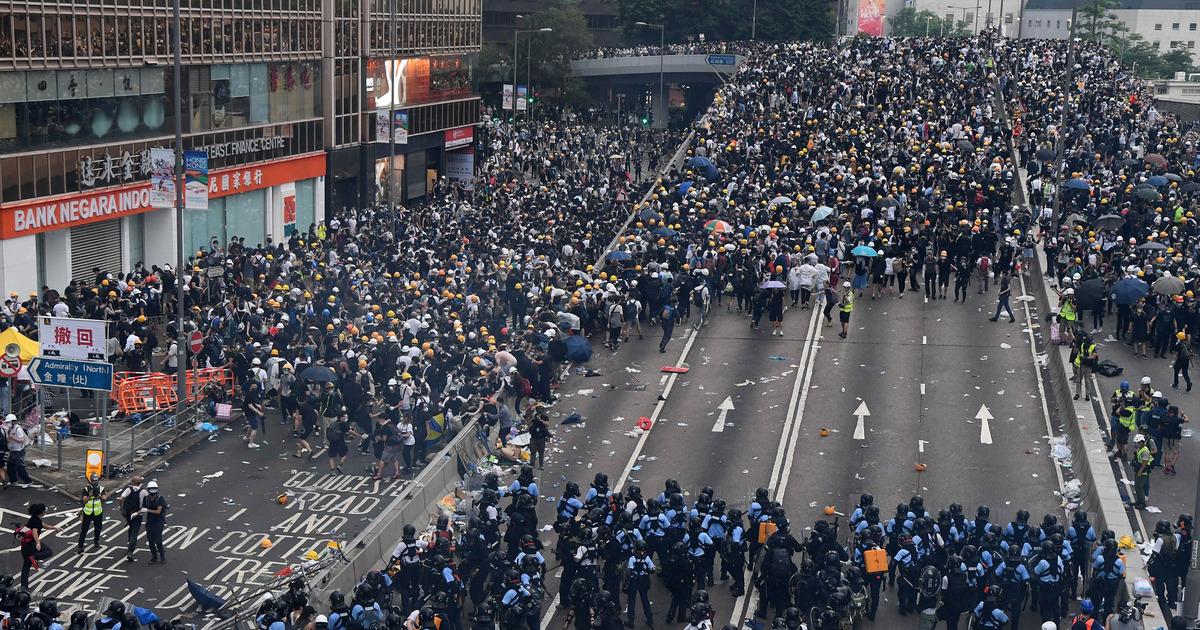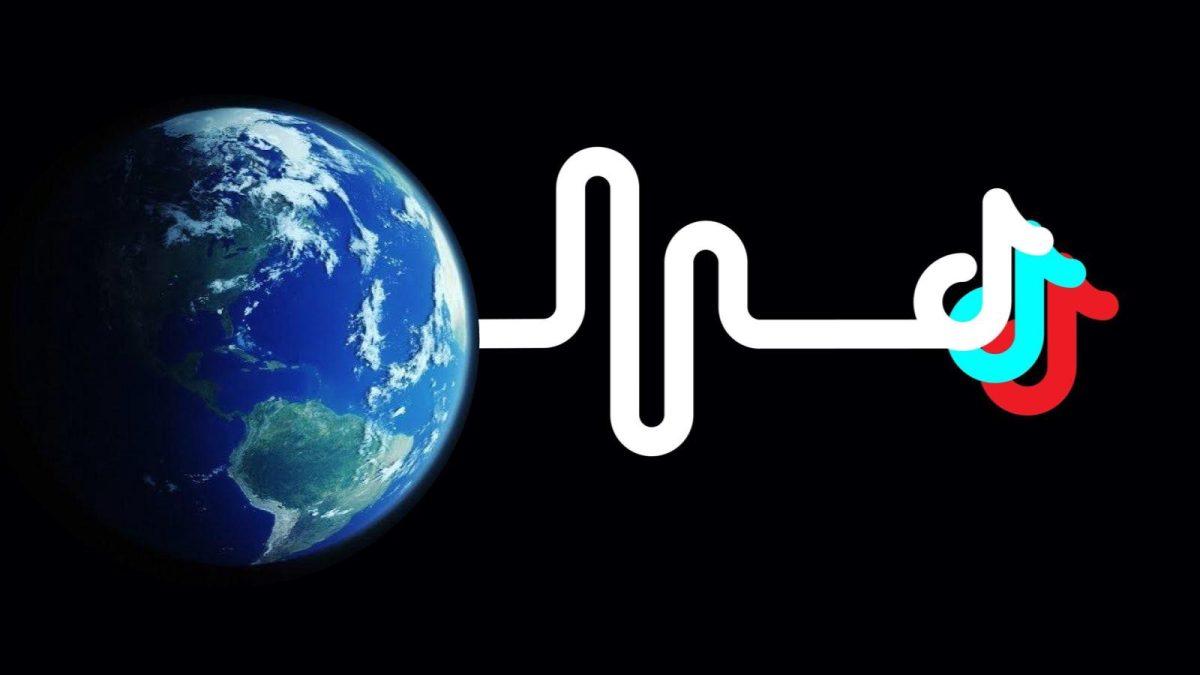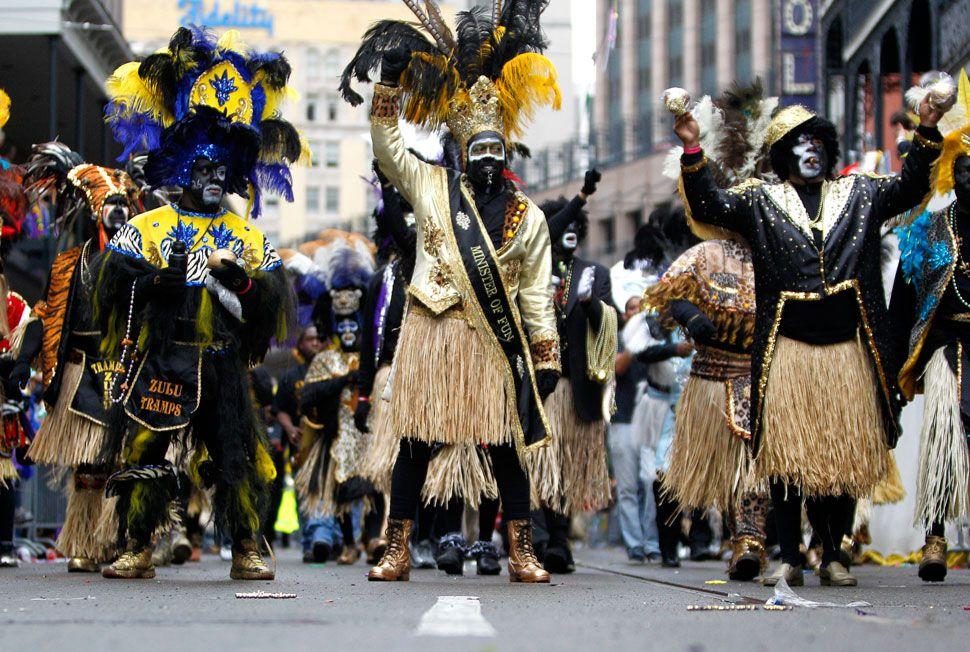
The protests in Hong Kong escalated in June of this year after rejection to proposals of an extradition amendment that would have allowed suspected criminals to be tried in mainland China.
The proposal was first introduced in February to allow the extradition of Chan Tong-kai to Taiwan in order to try him for the murder of pregnant woman, Poon Hiu-wing.
Hong Kong currently holds extradition agreements with 20 jurisdictions. Taiwan is not on that list.
As a result, the government of Hong Kong proposed an amendment that would have allowed a case-by-case extradition of criminals to jurisdictions not included in the treaty.
Opponents first took to the streets in March to demand a withdrawal of the bill, claiming that it would have also allowed suspects to be extradited and unfairly tried in mainland China.
Protests escalated after Chief Executive of Hong Kong Carrie Lam said the bill would be suspended indefinitely.
The bill was formally withdrawn in September after weeks of violent encounters between police and protesters. Critics claim the move was “too little, too late” and are fearful of losing the semi-autonomy they have to China.
Hong Kong was a British colony until 1997. After separation from western rule, Hong Kong was granted its own judiciary and legal system until 2047, coined as “one country, two systems.”
Joshua Wong, a pro-democracy leader of the Umbrella Movement, took to Twitter soon after the withdrawal of the bill to question the true intentions of the Governments of Hong Kong and Beijing.
“We urge the world too to alert this tactic and not to be deceived by HK and Beijing Govt. They have conceded nothing in fact, and a full-scale clampdown is on the way,” Wong said.
The U.S. House of Representatives responded in favor of Hong Kong citizens, by unanimously passing a bill called the Hong Kong Human Rights and Democracy Act that could impose sanctions against entities that undermine Hong Kong’s autonomy.
Speaker of the U.S. House of Representatives Nancy Pelosi (D-Calif.), expressed her support for pro-democracy activists and condemned the government of Beijing before putting the bill to a vote.
“The extraordinary outpouring of courage from the people of Hong Kong stands in stark contrast to a cowardly government that refuses to respect the rule of law or live up to the ‘one country, two systems’ framework, which was guaranteed more than two decades ago,” Pelosi said.
According to the Washington Post, The Hong Kong Human Rights and Democracy Act would give the U.S. government the power to annually determine whether Hong Kong could be considered as a trading entity separate from mainland China, based on political developments in the city.
Dennis Weng, political science professor at Sam Houston State University, believes that the bill is instead being utilized to have an upper hand in the U.S.-China trade deal.
“Some people would argue our politicians are utilizing Hong Kong as a bargaining chip so Hong Kong can be abandoned if PRC says, ‘Hey, you don’t touch Hong Kong, I will buy your beef,’” Weng said.
He added that under the current administration, “this is how they play world politics.”
China expressed discontent soon after the passage of the bill, threatening to retaliate if the U.S. Senate passed legislation.
U.S. President Donald Trump signed the bill into law on Nov. 27.
He released a statement that read, “I signed these bills out of respect for President Xi, China, and the people of Hong Kong. They are being enacted in the hope that Leaders and Representatives of China and Hong Kong will be able to amicably settle their differences leading to long term peace and prosperity for all.”












